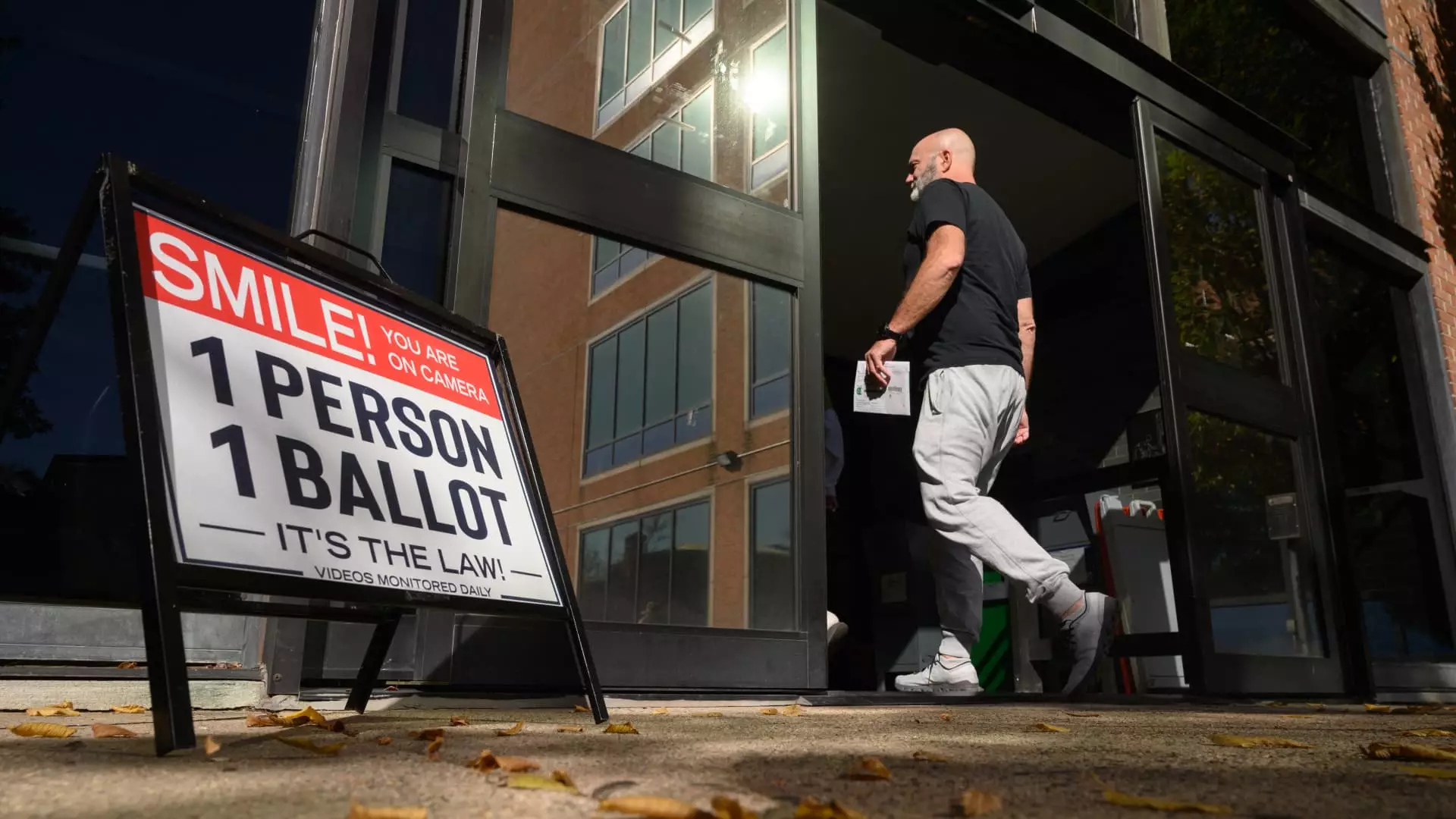In a significant legal development on Friday, the Supreme Court delivered a setback to Republican efforts to restrict mail-in voting processes in Pennsylvania. The justices chose not to intervene in a ruling from the Pennsylvania Supreme Court, which permits voters whose mail-in ballots were flagged as potentially defective to submit provisional ballots in person. This case involved mail-in ballots from two voters in Butler County during this year’s Democratic primary. The implications of this ruling extend beyond mere party lines; they touch on broader issues of voting rights and election integrity that resonate throughout U.S. political discourse.
Justice Samuel Alito, a noted conservative, expressed that while the matter is one of “considerable importance,” it was premature for the Supreme Court to intervene at this time. His views were shared by Justices Clarence Thomas and Neil Gorsuch. This trio of conservatives acknowledged the sensitivity of the issue yet opted for judicial restraint, which raises questions about the Court’s role in electoral affairs and the ongoing struggle over voting rights.
The legal disputes surrounding mail-in voting procedures have become increasingly contentious, especially in swing states like Pennsylvania, a battleground that can pivot the outcome of national elections. Although the Pennsylvania Supreme Court’s ruling clarified that ballots lacking required “secrecy envelopes” could be voided, it also made provisions for voters to cast provisional ballots—a safety net for those affected by ballot mishaps. The Republicans, however, argue that state law mandates rejection of ballots that don’t meet their stringent criteria, viewing any leniency as an unjust encroachment on electoral integrity.
The contentious nature of this case lies not just in the ballots themselves, but entrenched in a larger ideological battle over how elections should be run. Republican officials often frame the issue around the need to protect election integrity, citing concerns about the potential for fraud, even as numerous studies have shown that fraudulent voting remains exceedingly rare in the U.S. On the other hand, Democrats advocate for broader access to voting, insisting that the ability to vote should not be curtailed due to minor technicalities that may disenfranchise voters.
This case is significant in the light of the upcoming 2024 elections. The possibility that several thousand ballots could be impacted by this ruling poses a real threat to the electoral process in a closely contested state. The Pennsylvania decision does not solve the underlying legal questions and might set the stage for further litigation. Moving forward, how Pennsylvania’s counties administer these provisional ballots will be key, especially since practices already vary depending on local regulations.
Many counties in Pennsylvania adopted measures allowing provisional ballots even before the recent Supreme Court ruling, but this has not been uniformly applied across the state. As the landscape evolves, continued litigation seems inevitable. With more Republicans gearing up to challenge mail-in voting practices, the outcomes of any further judicial proceedings could shift the electoral rules even further.
A Historical Perspective on Mail-In Voting
This legal controversy harkens back to the 2020 presidential election, during which mail-in voting surged due to the COVID-19 pandemic. The upheaval surrounding this method of voting has fostered a narrative among Republicans that irregularities plagued the electoral process, despite findings to the contrary. Former President Trump vehemently opposed the expanded use of mail-in votes, and these sentiments continue to echo in many Republican circles today.
The context is crucial; the 2020 election exhibited how swiftly developments in voting laws can frame political strategy. Since then, Republican lawsuits have sought to reinterpret voting laws to seek favorable electoral outcomes. As the 2024 election approaches, the tension between maintaining rigorous voting standards and ensuring widespread access to the ballot box is likely to become even more pronounced.
The Role of the Judiciary and Legislative Powers
A pivotal aspect of the ongoing debate revolves around the judiciary’s authority versus the legislature’s role in setting election rules. The Pennsylvania Supreme Court’s actions have raised concerns among conservatives who argue that state courts should not overstep their bounds and interfere with legislative decisions. This idea ties back to a broader discussion about the “independent state legislature” theory. Although the Supreme Court addressed this issue last year, leaving the door open for revisiting this complex constitutional ambiguity adds layers to the current deliberations surrounding electoral law.
The Supreme Court’s recent decision in Pennsylvania highlights the evolving landscape of voting rights in the U.S. and underscores the potential for future legal challenges that may shape the electoral process in significant ways. As we head into another election cycle, the rulings and counter-rulings that emerge from this judicial and legislative tug-of-war will likely define the contours of democracy and voter engagement in the years to come.



Leave a Reply